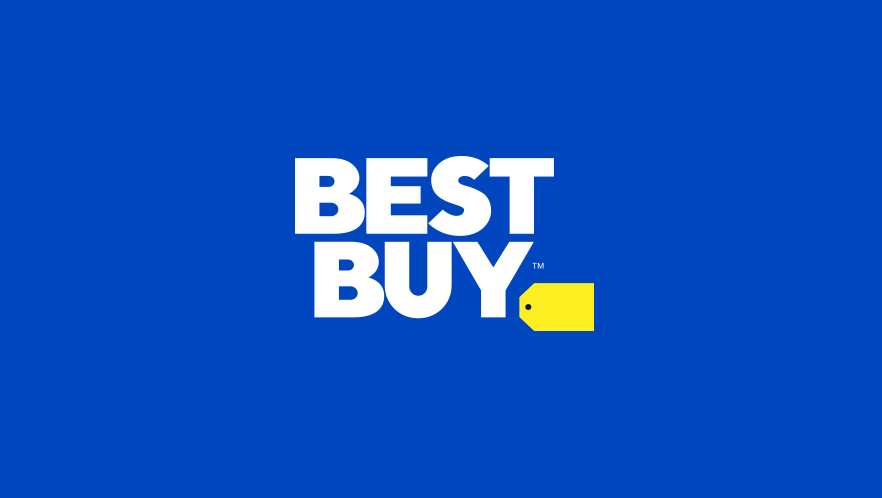Best Buy is committed to the International Labour Organization (ILO) Core Conventions and will not stand for any practices that run counter to the Core Conventions, including forced labor.
We source our private label products from seven countries and approximately 185 factories that employ over 165,000 workers, of which fewer than 200 are foreign migrant workers (i.e., workers who travel temporarily from their home country for employment). As an active member of the Responsible Labor Initiative, we understand that forced labor conditions are a risk in some of these regions, especially for foreign migrant and other vulnerable workers. Therefore, we conduct both country-level risk assessments and an annual factory-level risk assessment that takes into account both business and social risks to help us identify where additional due diligence may be needed. Forced labor risk is specifically included in these assessments using data from:
- The Worldwide Governance Indicators project
- The U.S. Trafficking in Persons Report
- The Global Slavery Index
- Past priority non-conformances related to forced labor
We make our expectations on forced labor clear for our suppliers in a variety of ways, including:
- Provisions prohibiting forced labor are standard in our vendor contracts
- 100 percent of our private label vendors receive training on our Supplier Code of Conduct
- These trainings occur during the vendor onboarding process, annually as part of an overall training program and when aspects of forced labor are identified.
We also require and assess that our private label suppliers cascade our Supplier Code of Conduct to the next tier of the supply chain.
We provide specific training to private label suppliers on the topic of foreign migrant workers in Taiwan and student workers in China, which are two vulnerable groups of individuals at risk of forced labor. We partnered with a Hong Kong-based NGO and created a toolkit for the factories we contract with in China to help identify and prevent forced labor conditions among student workers. In addition to our private label suppliers, we train our internal private label teams including product managers, sourcing and the leadership team.
Beyond training, we ensure our private label suppliers are complying with our expectations through a rigorous monitoring program. In fact, we conduct due diligence on each factory in multiple ways including:
- A pre-contract audit for 100 percent of potential private label factories
- Increased due diligence for medium and high-risk vendors as determined by our risk assessments
This results in audits of approximately 75 percent of private label factories annually. These audits, which include assessments of the factory and dormitories, reviewing of numerous documents and policies and interviews with factory management and workers, are conducted by firms and auditors who have been trained and approved by the Responsible Business Alliance, where we are a member. Auditors look for any conditions that indicate a potential for forced labor (for example: withheld passports, restricted movement, recruitment fees and withheld pay), and interview workers, either directly or via worker surveys, to better understand their working conditions. In the most recent fiscal year, we engaged nearly 3,500 workers, including offsite, if necessary, to avoid risk of retaliation.
If we do find conditions of forced labor, we immediately take action to hold our supplier accountable including, but not limited to
- Requiring the specific action(s) to cease immediately
- The supplier must complete a Corrective Action Plan (CAP) that is approved by Best Buy
- Workers are paid their due wages, including the reimbursement of all recruitment fees, which is verified through spot checks and ultimately 3rd party audits.
- The supplier must establish a policy preventing all conditions of forced labor and conduct a training on the policy for all relevant employees
- We leverage partners with expertise on foreign migrant workers and forced labor, like Verité, to conduct a required training so factory management and staff fully understand our requirements
- Moving forward, the supplier is designated as high-risk and is subject to additional due diligence.
If the supplier refuses to comply and does not complete a Best Buy approved Corrective Action Plan (CAP), we will terminate the relationship with the factory.
Beyond direct suppliers, we also respond to allegations of forced labor in raw material sourcing and engage smelters who may be sourcing from mines where forced labor may be present. In these cases, we help lead industry efforts to engage the smelters in question to determine what actions they are taking to verify and , if necessary, address conditions of forced labor at the mine. By partnering with industry peers, we build leverage that is then applied to the smelters so that they increase their engagement and improve their oversight of source mines.
Our focus on eliminating conditions of forced labor is just one example of how Best Buy seeks to ensure the responsible sourcing of our private label products. We are dedicated to driving continuous improvement of our sourcing practices and our vendor’s working and environmental conditions and we firmly believe one of the best means to further our responsible sourcing efforts is through engagement and collaboration with stakeholders, including suppliers, peer companies, investors, academics and civil society organizations.


